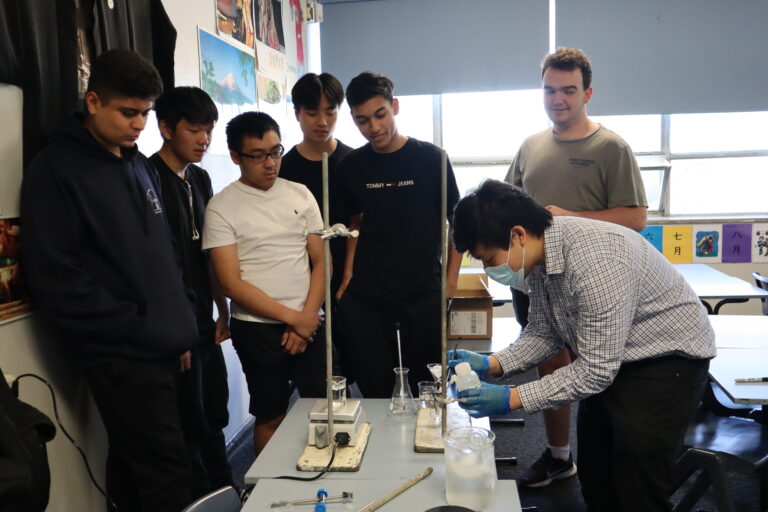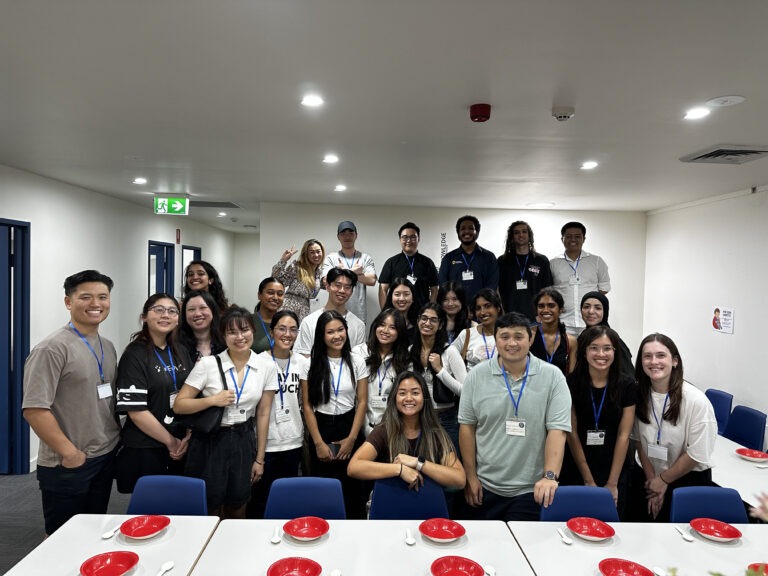Unlocking Your Child’s Potential: Learning How to Learn with Pioneer Education
Introduction
Every parent dreams of seeing their child flourish in school—confidently tackling new challenges, excited by discoveries, and achieving excellent grades without the stress. At Pioneer Education, we believe that the real power lies not just in what students learn, but in how they learn. In a world where knowledge is constantly evolving, teaching students the art of learning itself becomes the ultimate advantage.
“Learning how to learn” is more than a mindset; it’s a skill set that empowers students to understand concepts deeply, adapt to different subjects, and build independence. In this blog, we’ll explore why this skill matters and share practical strategies that empower students—whether they’re cracking the HSC or mastering primary school foundations. Let’s dive in and uncover how embracing the process of learning transforms not just school performance, but a lifelong love for learning.
Why “Learning How to Learn” Matters
Mastering this skill equips students with strategies to engage, retain, and apply knowledge effectively. In today’s dynamic learning landscape, rote memorisation falls short. Students need to grasp how to manage their attention, break complex tasks into comprehensible parts, and monitor their own progress. When students understand how they learn best—whether through visual aids, practice tests, or teaching someone else—they become self-reliant and motivated. This foundational skill boosts confidence, reduces stress around academic pressure, and nurtures genuine curiosity because students feel empowered, not overwhelmed.
Metacognition: Thinking About Thinking
Developing metacognitive skills helps students become aware of their thought processes and learning habits.One of the first steps in learning how to learn is encouraging students to ask: “Am I approaching this topic in the right way?” At Pioneer Education, we guide students to identify their strengths and weaknesses. “Do they struggle retaining formulas or structuring essays?”
By teaching reflection and self-questioning—for instance, before and after attempting a problem—students gradually become their own tutors. Encouraging them to pause and evaluate: “which step tripped me up, and how can I adjust?” builds long-term resilience and adaptability.
Embracing Effective Strategies
Introduce techniques like spaced repetition, active recall, and chunking to make learning stick. Rather than passively re-reading notes, students benefit immensely from engaging with material actively. Techniques like spaced repetition (reviewing information over increasing intervals), active recall (testing oneself, not just reading), and chunking (breaking large tasks into bite-sized steps) are powerful, and they’re habits any student can cultivate. We guide students through tailored exercises: short quizzes spaced over time, visual flashcards, mnemonics, mind maps, and scaffolding essays one paragraph at a time. As these strategies become routine, students experience clearer retention and smoother performance across subjects like Maths, English, or Science.
Building Independence Through Strategy
Empowering students to personalise their learning strategies cultivates independence and ownership of their education. There’s no one-size-fits-all when it comes to study habits. At Pioneer Education, we encourage each child to experiment: some may discover they learn best by teaching the concept to someone else; others may find flow in timed writing sprints. By exploring various approaches and reflecting on effectiveness, students build their unique learning “toolkit.” This autonomy not only helps with exam prep and complex projects but also unleashes a sense of pride and ownership that boosts motivation—especially for students aiming for top ATARs.
Reducing Stress, Boosting Confidence
Learning how to learn alleviates anxiety by providing structure and foresight. With the right learning techniques at hand, students gain clarity and direction. They’re less likely to feel lost in vast syllabi, overwhelmed by HSC pressure, or anxious before assessments. Instead, they approach tasks with a clear plan—“I’ll practise this topic using flashcards, review my attempt, and repeat in two days”—and build confidence as they see steady improvement. This peaceful progression nurtures a love for learning, rather than associating it with stress.
Conclusion
In an age where information is both abundant and ever-changing, the most valuable gift we can give our children is the ability to learn—today, tomorrow, and well into the future. “Learning how to learn” transcends subjects, grades, and even standardized testing. It empowers students to think, reflect, adapt, and continually grow.
At Pioneer Education, that’s exactly what we foster: small, supportive classes and personalised mentorship that guide children toward discovering how they learn best. With a decade of experience, we’re dedicated to creating environments where academic excellence and a genuine love for learning go hand in hand.
So if you’re ready to see your child confidently master their approach to learning—and maybe even aim for that +90 ATAR—why not join us? Come along, and let your child experience how learning can be joyful, powerful, and wholly their own. Join a Pioneer Education class today—where learning becomes a lifelong ally.







